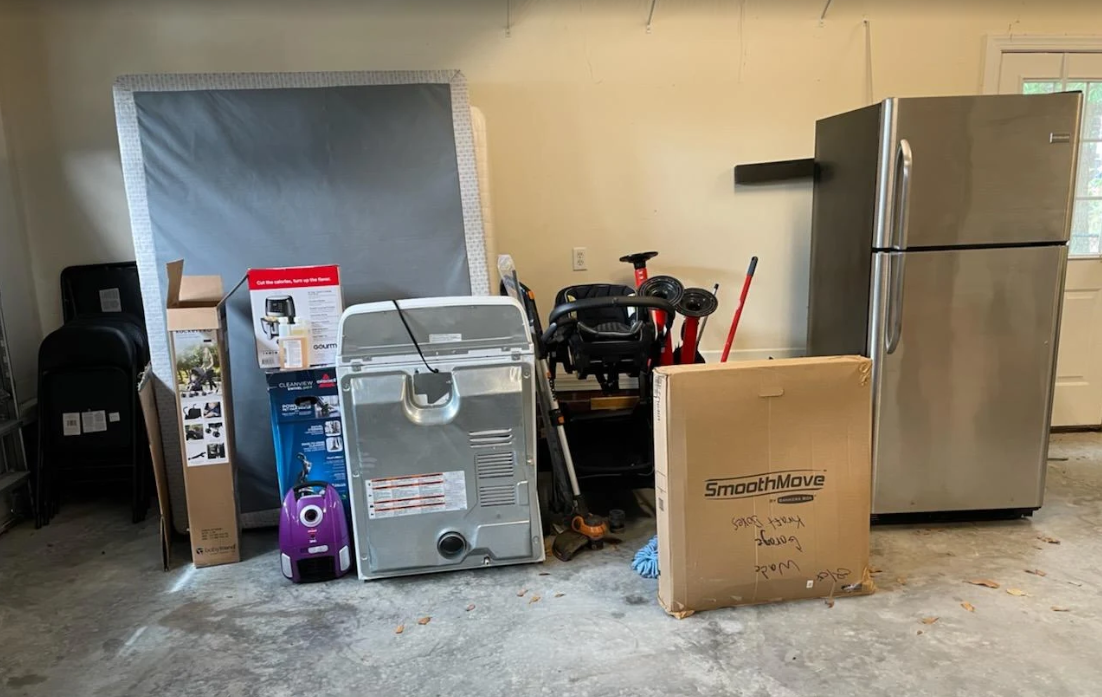Understanding Universal Basic Resources
Universal basic resources, as a concept, aims to ensure that every individual has access to essential resources required for a decent standard of living. These resources may include but are not limited to food, water, shelter, healthcare, education, and energy. The underlying philosophy of UBR is that access to these basic resources is a fundamental right that should be guaranteed to all members of society.
The Difference between Universal Basic Income and Universal Basic Resources
While universal basic income focuses on providing a regular cash transfer to individuals, universal basic resources take a broader approach by emphasizing the provision of essential resources directly. While UBI recognizes the importance of financial stability, UBR recognizes that income alone may not be sufficient to meet basic needs. By providing direct access to resources, UBR aims to address the root causes of inequality and ensure a more equitable distribution of essential goods and services.
The Core Principles of Universal Basic Resources
The implementation of universal basic resources is guided by several core principles. These principles include universality, sufficiency, non-conditionality, and sustainability.
- Universality: Universal basic resources should be available to every individual, regardless of their socioeconomic background or employment status. It ensures equal treatment and eliminates the stigma associated with means-tested programs.
- Sufficiency: The resources provided under UBR should be adequate to meet the basic needs of individuals and enable them to live a dignified life. This includes access to nutritious food, safe housing, quality healthcare, education, and clean energy.
- Non-conditionality: Unlike some welfare programs, universal basic resources should not be tied to any specific requirements or conditions. Everyone is entitled to receive the resources unconditionally, ensuring a sense of security and stability.
- Sustainability: The implementation of UBR should be financially viable and sustainable in the long term. It requires careful planning, resource allocation, and cooperation between various stakeholders, including governments, communities, and private sectors.
The Potential Benefits of Universal Basic Resources
Advocates of universal basic resources highlight several potential benefits that can be achieved through its implementation:
- Poverty Reduction: UBR has the potential to significantly reduce poverty rates by ensuring that every individual has access to essential resources. This can help break the cycle of poverty and provide a pathway to social and economic mobility.
- Improved Health and Well-being: By guaranteeing access to healthcare services and nutritious food, UBR can contribute to improved health outcomes and overall well-being. It can prevent medical conditions from worsening due to lack of resources and promote a healthier society.
- Enhanced Education: Universal access to quality education is a cornerstone of UBR. By providing resources for education, such as textbooks, school supplies, and digital devices, UBR can help bridge the educational attainment gap and empower individuals with knowledge and skills.
- Economic Stimulus: UBR can act as an economic stimulus by ensuring a baseline level of consumption and demand for goods and services. This can benefit local businesses and contribute to economic growth, particularly in disadvantaged communities.
Criticisms and Challenges of Implementing Universal Basic Resources
While universal basic resources offer promising potential, there are also valid criticisms and challenges associated with its implementation:
- Cost and Funding: One of the major concerns is the financial feasibility of implementing UBR on a large scale. Providing universal access to essential resources requires substantial funding, and identifying sustainable funding sources can be a significant challenge.
- Dependency and Work Incentives: Critics argue that UBR may create dependency on the state and discourage individuals from seeking employment or engaging in productive activities. Balancing the provision of resources with incentives for work and contribution to society is a key consideration.
- Resource Allocation: Allocating and distributing resources fairly and efficiently is a complex task. It requires robust systems to ensure that resources reach those who need them the most while avoiding waste and misuse.
- Social and Political Acceptance: The implementation of UBR may face resistance from various societal and political groups. Overcoming skepticism and building consensus around the concept is crucial for its successful implementation.
Case Studies and Experiments with Universal Basic Resources
Several countries and communities have experimented with variations of universal basic resources. For example, Finland conducted a two-year trial where a randomly selected group of unemployed individuals received a monthly basic income. The results showed improvements in well-being, but the trial did not lead to significant changes in employment levels.
Similarly, the city of Stockton in California implemented a guaranteed income program, providing a monthly cash transfer to low-income residents. The program demonstrated positive outcomes, including increased employment rates and improved financial stability.
The Future of Universal Basic Resources
As societies continue to grapple with income inequality and the changing nature of work, the concept of universal basic resources is likely to remain a topic of discussion and exploration. Its potential to address systemic issues and ensure a more equitable distribution of resources makes it an appealing proposition for many.
However, the path to widespread implementation may require further research, experimentation, and policy development. Finding sustainable funding models, addressing concerns around dependency, and garnering public support will be critical in shaping the future of universal basic resources.
Universal basic resources present an alternative approach to address income inequality and ensure access to essential resources for all individuals. By providing direct access to resources such as food, shelter, healthcare, education, and energy, UBR aims to create a more equitable society where everyone can lead a dignified life. While challenges and criticisms exist, ongoing experiments and discussions around UBR highlight its potential as a transformative concept for the future.




